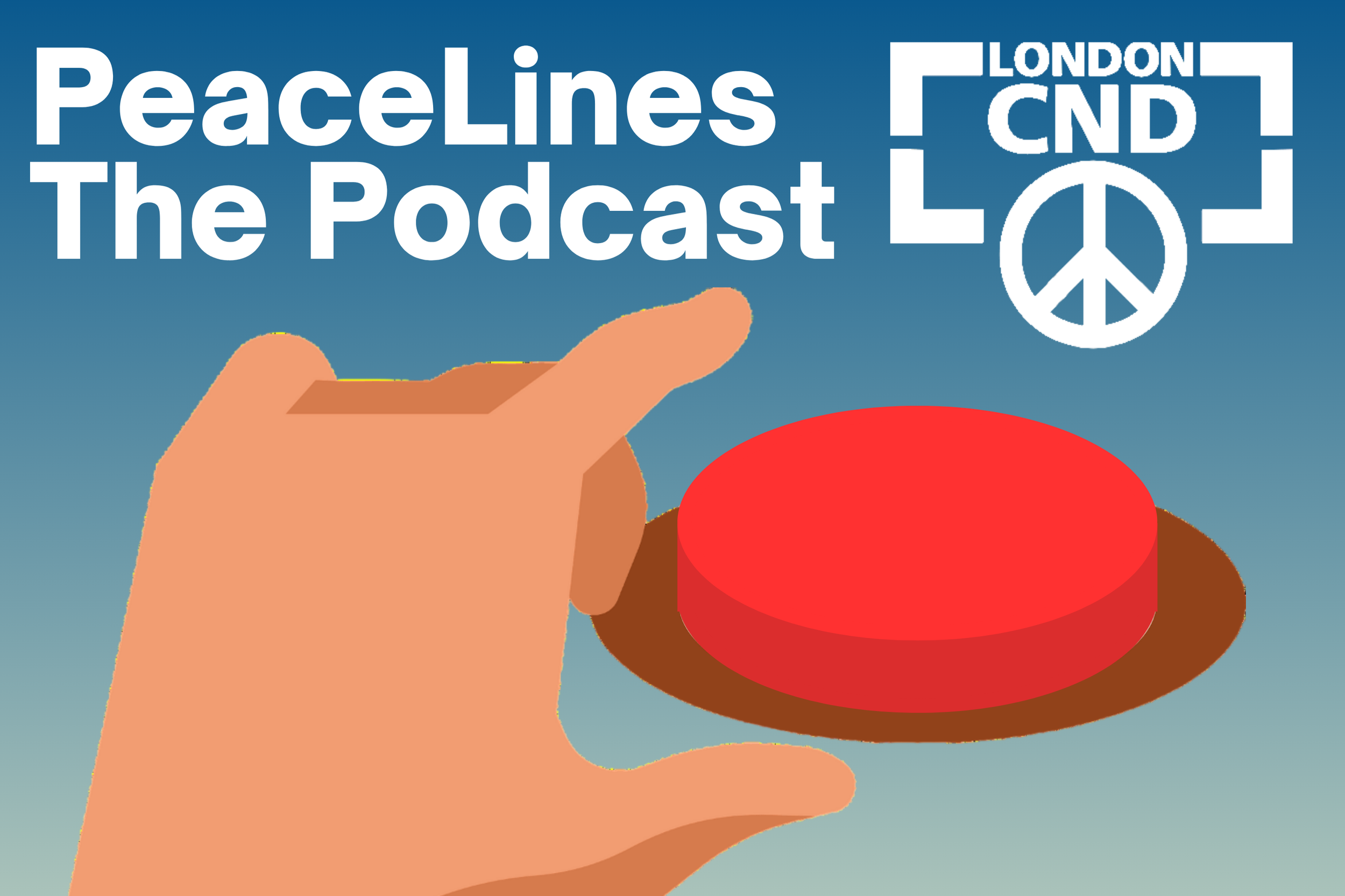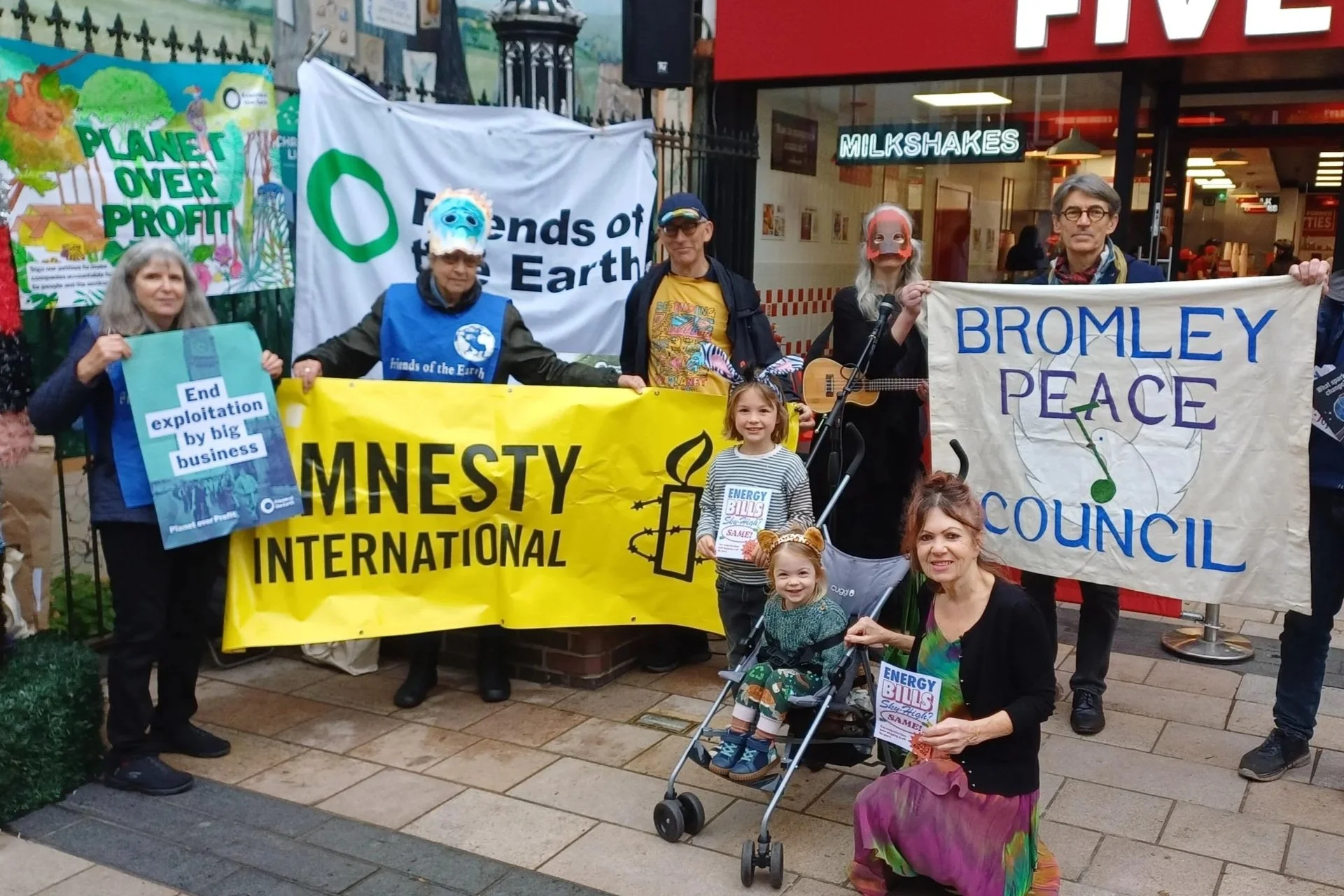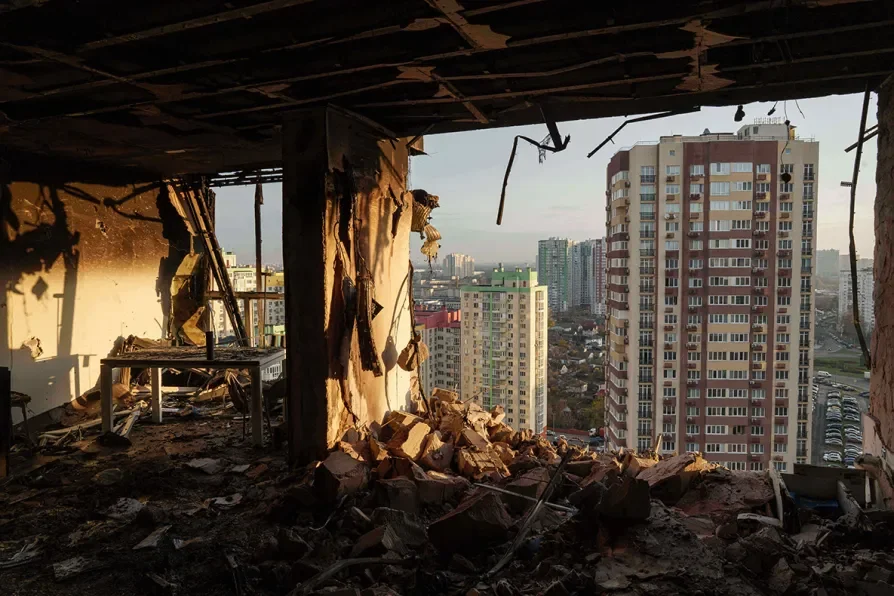Only two weeks in, and 2024 is already looking bleak for anti-war and peace campaigners. Over 23,000 dead in Gaza, no resolution to the Ukraine war on the horizon, fighting in Sudan’s civil war continues, as does the long drawn-out conflict in Niger Delta, no let-up in the Saudi-led war in Yemen – and now the threat of action against Houthi solidarity attacks on commercial shipping as a US aircraft carrier steams towards the Red Sea…
There are so many military engagements across the globe that most of them don’t even merit a mention in the western media. That’s not the case for campaigners with an internationalist perspective on peace and justice, with a big job ahead this year.
London CND’s annual conference, No Wars No Nukes could prove a much needed dose of inspiration and determination, as well as practical inputs on what’s to be done, preparing us all for the solidarity struggles that lie ahead. As the name implies, the two keynote speakers and both panels are focussed on nuclear dangers facing Britain and the world, and on solidarity with the Occupied Territories as the prospect of regional escalation draws closer.
Prospects for the Occupied Territories
The humanitarian situation in Gaza is beyond bad. Restricted aid access means the risk of famine grows daily. At least one in four Gazan households face ‘catastrophic hunger’ according to the UN-backed IPC (Integrated Food Security Phase Classification). The destruction and damage to essential water, sanitation and health systems brings disease spreading among a weakened population. Prolonged diarrhoea, for example, puts children in particular at risk from death through malnutrition.
There are no signs yet of any shift to a ‘less intense’ warfare strategy that Israel claims to be adopting. On the contrary, signs are growing that the conflict could spread across the region. Israel looks determined to pull Hezbollah into all-out confrontation. Its successful strikes on Hezbollah leaders in Lebanon and Iraq has resulted in a retaliatory drone attack on northern Israel with tens of thousands of Israelis being evacuated from the border.
London CND’s keynote speech by Palestinian Ambassador Husam Zomlot sets the scene for a panel discussion, chaired by Murad Qureshi, with Raghad Altikriti, Muslim Association of Britain President, one of the six groups organising the mass mobilisations in Britain. She’s joined by Jenny Manson, a founder member of Jews for Justice for Palestinians and co-chair of Jewish Voice for Labour, and Sami Ramadani, Iraqi Democrats Against War and an anti-war voice in Britain for three decades.
Nuclear war clouds gathering
Bell Ribero-Addy MP, an outspoken Labour voice for Gaza and a Vice Chair of Parliamentary CND, kicks the conference off with a view from Westminster, followed by a panel on Nuclear War Clouds Gathering, with well-known climate change activist Samantha Mason, reflecting on the relationship between war and climate, and Cllr Emma Dent-Coad and myself reviewing the nuclear threats of 2024 and the role the anti-war movement can play in combatting them.
Most immediate and important to peace activists in Britain, is the return of US nukes to Lakenheath, part of NATO’s European nuclear forces; while the renewal this year of the decennial UK-US Mutual Defence Agreement is a good time to remind ourselves that nuclear weapons are at the centre of the so-called special relationship.
NATO and Russia
The potential of the Ukraine war to stimulate a nuclear exchange between NATO and Russia is at the forefront of threats that confront us in 2024. Israel too is a nuclear armed state, and the far right have already raised the possibility of using nuclear weapons in the Gaza conflict.
Heritage Minister Amichai Eliyahu suggested in a radio interview reported in the Times of Israel that the nuclear option ‘was one way’ of dealing with Gaza. As unrealistic as it sounds to consider dropping a nuclear bomb on your own doorstep, Israel does have tactical nuclear weapons. Given IDF belligerence on Gaza, who’s to say a section of the Israeli leadership won’t consider threatening their use, or even using them, should Iran become an issue. What seemed like a hollow threat from a few Israeli government outliers last autumn, could be a step closer as the consequences spread across the Middle East and North Africa.
London CND’s annual conference takes place online Sunday 14 January, 12 noon to 2.30pm. Register in advance at http://tinyurl.com/NoWarsNoNukes
This blog first appeared in Labour Outlook
Carol Turner is co-chair of London Region CND and a CND Vice Chair. She is a directly elected member of CND’s National Council and part of the International Advisory Group.
Carol is a long-time peace campaigner, a member of Stop the War Coalition’s National Officer Group, and author of Corbyn and Trident: Labour’s Continuing Controversy.






